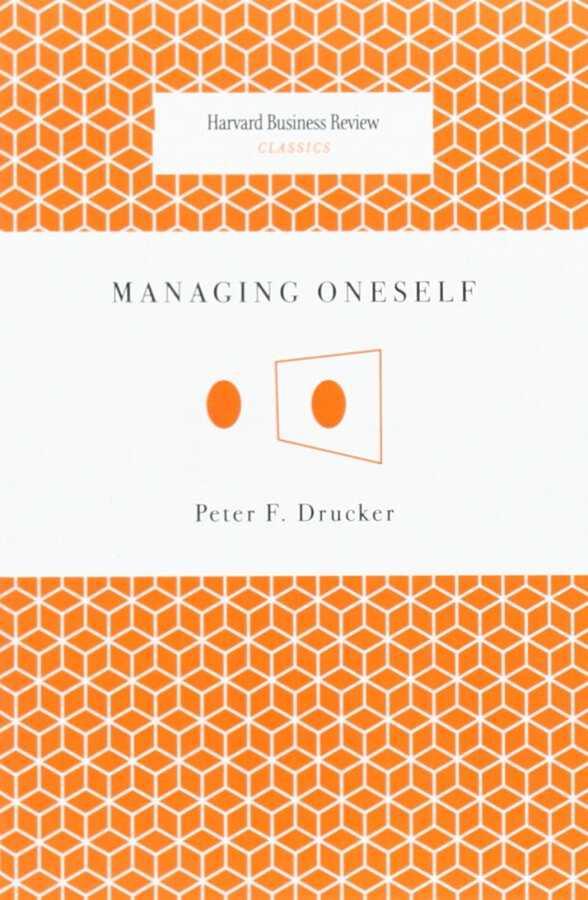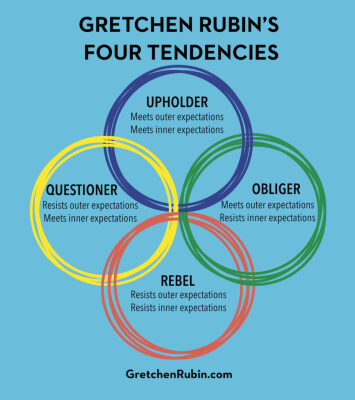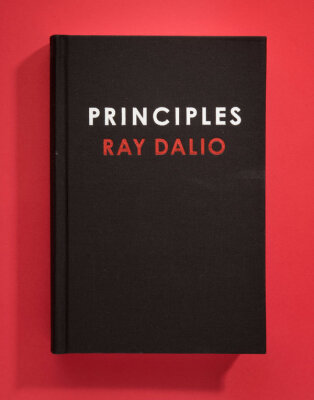Figuring Out What to Do With Your Life: The Modern Day Dilemma - Part 1
Today, we are drowning in an age of abundant information and choice. We no longer find ourselves in a profession determined at birth, bound by an ancestral legacy. In those days, we weren’t presented much choice, we worked on the family farm or maybe apprenticed as a blacksmith. For Instance, in 1820, 72% of the American workforce were farmers. Today however, the opposite is true. We are endowed with choices, and this creates an immense amount of confusion and pressure. Almost everyone I know is experiencing this.
I believe there are 4 fundamental reasons for this widespread confusion:
The Wealth of Choice - there is a wide range of professions to choose from but we can only do one at a time, and only a handful in our lifetime
Known Unknown Possibilities - we know there must be professions or entrepreneurial endeavours that would match us well but we don’t always know what they are
Career FOMO - the internet serves as a comparison machine, which perpetuates the above problems
Sunk Cost Fallacy - it’s easier to stay in an unsatisfying career because of the number of years already invested in it
The following thought experiment shows why the above issues create so much confusion:
- Imagine you find yourself in a restaurant where you are presented a buffet consisting of all cuisines
- You are supposed to only choose one cuisine
- But you are to solely eat this cuisine everyday, until further notice
- Meanwhile you find out that you were not in fact presented the full range of available cuisines
- You also find that the restaurants others eat at are seemingly better, but not accessible to you
It might seem like a comical thought experiment, but it’s close to the reality most of us find ourselves in.
There are no good solutions to these challenges, but I’m on a quest to find answers nevertheless. Along the way, I’ve been collecting resources to help me better navigate this riddle. I’ve split these into two parts. Part one, being this post, focuses on resources that help to reflect inwards, while part two focuses on the wisdom of great thinkers, authors, entrepreneurs and so on.
Now on to the resources…
1. Knowing Your Priorities:
👉How to Pick a Career (That Actually Fits You) - ⏱️~3 hrs
 Source: waitbutwhy.com
Source: waitbutwhy.com
What is important to you? Why are you currently not fulfilled? To work this out I recommend reading the above Wait Buy Why post by Tim Urban.
Make a list of all the things that you need and want (Tim refers to these as yearnings) such as, passion, money, freedom, respect, meaning, impact etc. Including ones that you may not feel particularly proud of, such as status for instance, then rank them in order of importance. The couple of items highest on the list are your “priorities”. This is the minimum you need in order to feel fulfilled. But this summary does not do it justice.
2. Knowing Where You Belong:
👉Managing Oneself - ⏱️~30 mins
 Source: amazon.com
Source: amazon.com
Written by Peter Drucker, the father of management thinking. He argues that by knowing where you belong, you can be highly effective.
By knowing where you belong, you will know which type of work to say yes to and which type to say no to, which team sizes you thrive in most, which type of environments positively stimulate you etc. “Successful careers are not planned, they develop when people are prepared for opportunities because they know their strengths, their method of work and their values. Knowing where one belongs can transform an ordinary person, hard working and competent but otherwise mediocre into an outstanding performer.”
If you know the following three things about yourself, then you will know where you belong:
- Your strengths
- How you perform (method of work)
- Your values
How to figure out the above:
- Your strengths: keep a track of any big decisions you make by making a note of the result you expect, then 9-12 months later, compare your notes with the actual results. With time, you will learn where your strengths lay, where you are or are not making a use of those strengths, where you are competent and where you don’t have a strength.
- How you perform (method of work): determine how you learn, whether you work well with people or prefer to work alone, whether you are an adviser or a decision maker etc.
- Your values: this one’s self explanatory.
3. Knowing Your Response to Expectations:
👉 The ‘Four Tendencies Framework’ - ⏱️~10 mins
 Source: gretchenrubin.com
Source: gretchenrubin.com
The ‘Four Tendencies Framework’ by Gretchen Rubin, splits people into four categories based on how they respond to internal and external expectations.
- Upholders: both internal and external
- Questioners: internal only
- Rebels: neither internal nor external, resist all expectations
- Obligers: external only
The idea is that if you know which tendency you fall into, you can plan an accountability system that will maximise your chances of achieving your goals. For example, if your goal is to eat more healthily and you are a questioner, you need to make sure you know exactly why you want to eat healthily. Whereas, if you are an obliger you might buddy up with someone with the same goal to hold each other accountable.
You can take a quiz here to find out your tendency. This won’t take much time but knowing which category you fit into best will help you determine how to achieve your goals. This knowledge will come in handy in part two of this series.
4. Knowing Your Principles:
👉 Summary of Principles by Ray Dalio - ⏱️varied
 Source: nytimes.com
Source: nytimes.com
If we agree that life is a series of choices, and how we make them in a large part dictates the trajectory of our lives, then we should have a system to help us make decisions more effectively. Having a set of principles not only helps with better decision making, but it saves us time with the smaller decisions since the principles already decide for us.
“Principles are fundamental truths that serve as the foundations for behavior that gets you what you want out of life. They can be applied again and again in similar situations to help you achieve your goals.” ― Ray Dalio, Principles: Life and Work
You can read the summary of Ray Dalio’s principles book but ultimately principles are unique to each person.
Please let me know on Twitter which of these you found useful and if you have come across others that you think should be on this list. To see the second part of this series click here.